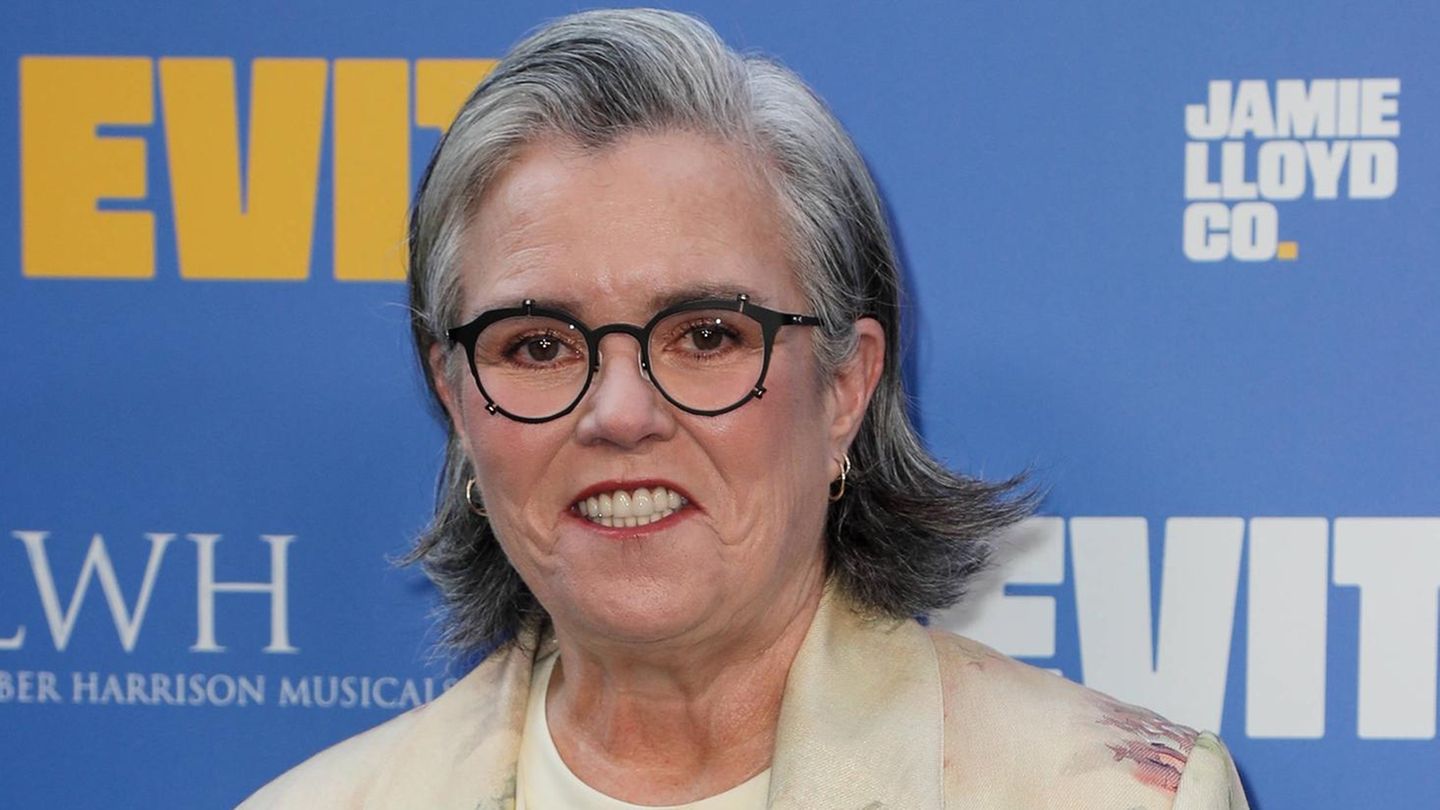Image: Signa
Even the day after Signa founder Rene Benko was removed from power by investors, many questions remain unanswered about the ailing real estate and trading group. As reported, renovator Arndt Geiwitz exercises Benko’s previous voting rights: The legal construct behind this remains unclear. By the end of November, Geiwitz wants to clarify how he imagines the planned restructuring. This is what Ö1 reports.
The Signa Group, with total assets of 27 billion euros, remains opaque. Geiwitz, his team and two law firms want to take a close look at the most important real estate areas and examine business prospects, i.e. buying interests. Discussions are being held with potential donors in Europe and the Arab region. There are also negotiations with financing banks.
Banks are watching closely
According to the radio report, there is increasing unconfirmed information that Signa could shrink to the core real estate sector: There could be separations in the retail sector, where there have been problems recently. Globus in Switzerland and Galeria Karstadt Kaufhof in Germany could be sold.
German trading expert Gerrit Heinemann believes Signa’s insolvency is likely: All signals indicate that there are more than just payment difficulties. Geiwitz’s most pressing task is to create transparency and reassure the banks. It is questionable whether this will succeed. A number of refinancings are due in the next few weeks, and the banks have been instructed by the German banking regulator to “take a closer look, which obviously wasn’t the case in the past. And I doubt that the banks are simply holding out by sugar-coating let.”
Much is unclear in the network of around 1,000 companies. There are also transactions between these companies and the mutual liabilities have not been clarified. According to Heinemann, it is also unclear what Benko is actually withdrawing from, since he did not hold any official office. According to “Presse”, Benko could have been the “de facto managing director” despite not having an operational role and was therefore liable.
more from economics




